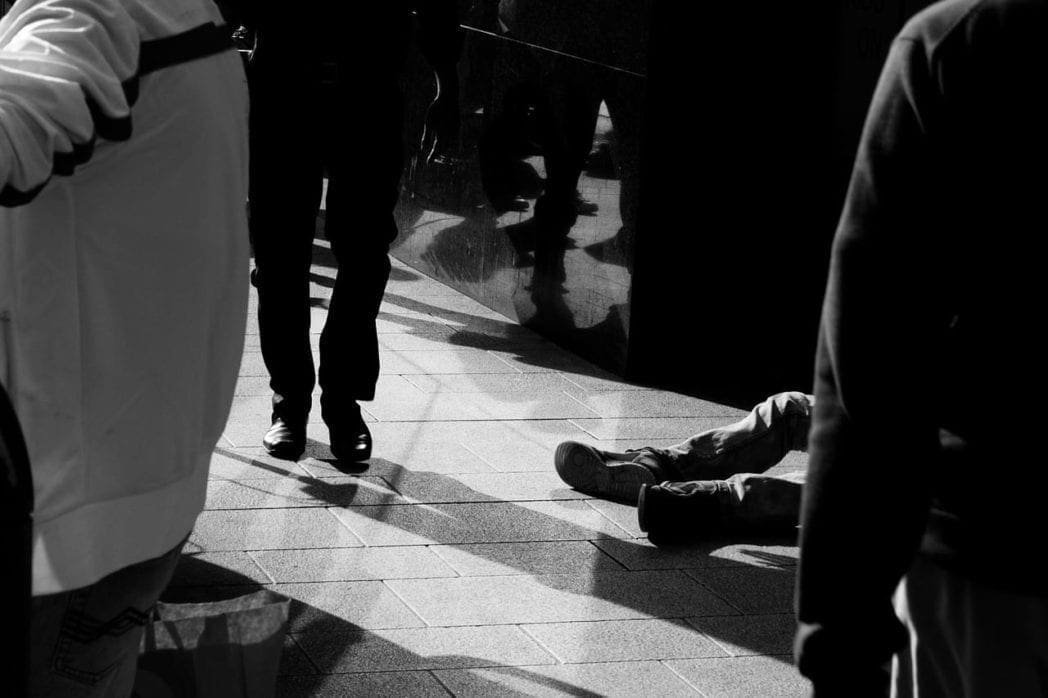Homelessness in Los Angeles County has been on the rise for a decade. Despite the slight decrease in 2018, the city estimates that since 2010, the number of homeless people in the region increased 52 percent.
But with over 52,000 people experiencing homelessness, you would think the local government would be open to private citizens giving a hand. Unfortunately, that’s not the case. Instead, Los Angeles has wasted resources on illegally confiscating private property given to some of the city’s homeless.

That’s what happened to Elvis Summers, who crowdfunded $100,000 to build dozens of tiny houses for the homeless, only to see some of his creations being confiscated by the same people who are pushing the state to borrow $2 billion to fund housing for the homeless.
The initiative will now be on the ballot and voters will get to decide in November whether the state should allocate taxpayer-backed funds to fight homelessness despite its despicable track record on the matter.
But Summers’ tiny homes, fitted with solar panels, phone chargers, and window alarm, cost just under $15,000 each. And he built them with the help of volunteers, meaning that he didn’t have to twist the taxpayer’s arm for funding. In addition, his plan involved giving the homeless the joy of owning property. As you can see in the Reason.TV documentary, this gives the homeless enough confidence to take charge of their own lives, looking for a job and deciding to change their lives.
Unlike the tiny house project, a government-backed initiative would do nothing to truly help lift people out of poverty. And we know that because government has a history of spending big on welfare programs that end up creating a cycle of dependency and more poverty.
The Best Thing Government Can Do Is To Get Out Of The Way
Critics suggest that the city of Los Angeles, as well as the Los Angeles county, work separately, running their own anti-homelessness programs and being incredibly ineffective as a result. But ineffectiveness isn’t the result of lack of communication, it’s because government entities lack the necessary knowledge to help each individual impacted by the problem it seeks to solve.
The private initiatives designed to give the homeless agency are unique because they “[tend] to be decentralized, spontaneous, and informal,” as David Beito explained. When relief comes from the top, it tends to be bureaucratic, Beito added. Private persons, when engaged, have incentives to identify the true needs of those in need, unlike government, which assumes what the solution is and then acts on it by imposing it on its subjects without identifying or caring about individual needs.
The only way to help the homeless in Los Angeles or elsewhere isn’t to impose solutions but instead to let private initiative do its magic. Unfortunately, Californians have yet to let freedom unleash its power over the state.

























